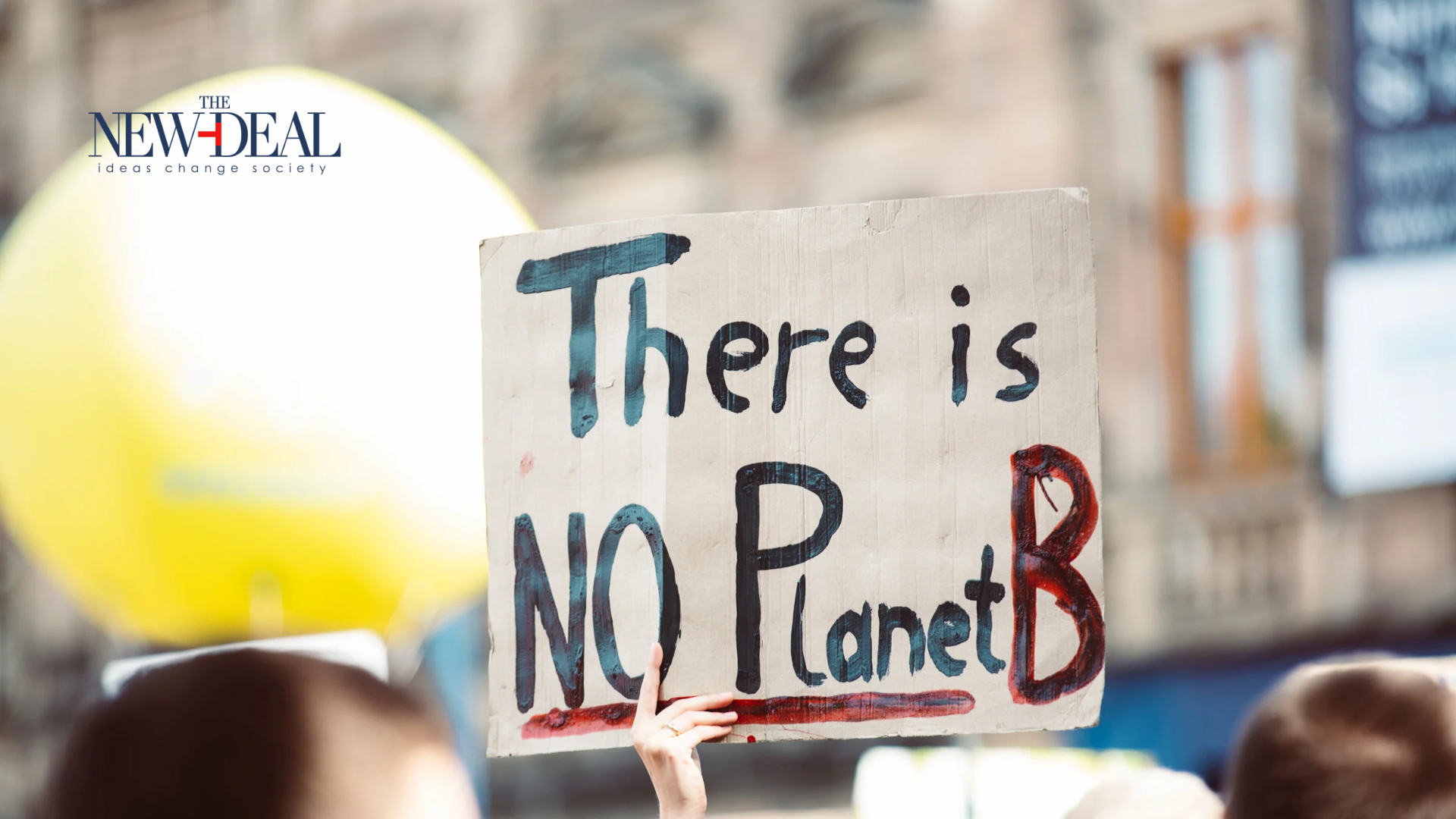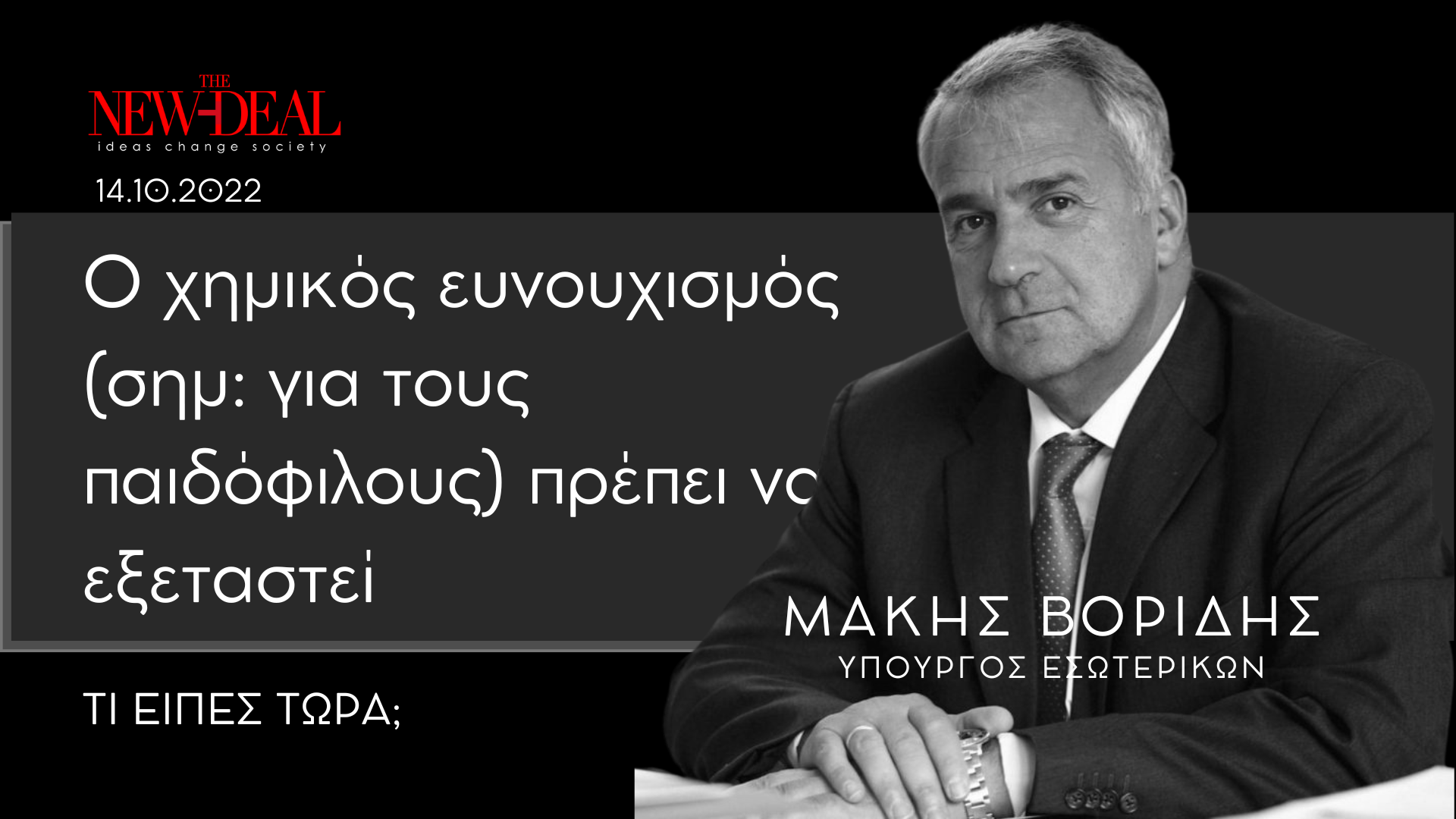by PAUL KRUGMAN
Reading the transcript of Tuesday’s Republican debate on the economy is, for anyone who has actually been following economic events these past few years, like falling down a rabbit hole. Suddenly, you find yourself in a fantasy world where nothing looks or behaves the way it does in real life. And since economic policy has to deal with the world we live in, not the fantasy world of the G.O.P.’s imagination, the prospect that one of these people may well be our next president is, frankly, terrifying.
In the real world, recent events were a devastating refutation of the free-market orthodoxy that has ruled American politics these past three decades. Above all, the long crusade against financial regulation, the successful effort to unravel the prudential rules established after the Great Depression on the grounds that they were unnecessary, ended up demonstrating — at immense cost to the nation — that those rules were necessary, after all.
But down the rabbit hole, none of that happened. We didn’t find ourselves in a crisis because of runaway private lenders like Countrywide Financial. We didn’t find ourselves in a crisis because Wall Street pretended that slicing, dicing and rearranging bad loans could somehow create AAA assets — and private rating agencies played along. We didn’t find ourselves in a crisis because “shadow banks” like Lehman Brothers exploited gaps in financial regulation to create bank-type threats to the financial system without being subject to bank-type limits on risk-taking.
No, in the universe of the Republican Party we found ourselves in a crisis because Representative Barney Frank forced helpless bankers to lend money to the undeserving poor.
O.K., I’m exaggerating a bit — but not much. Mr. Frank’s name did come up repeatedly as a villain in the crisis, and not just in the context of the Dodd-Frank financial reform bill, which Republicans want to repeal. You have to marvel at his alleged influence given the fact that he’s a Democrat and the vast bulk of the bad loans now afflicting our economy were made while George W. Bush was president and Republicans controlled the House with an iron grip. But he’s their preferred villain all the same.
The demonization of Mr. Frank aside, it’s now obviously orthodoxy on the Republican side that government caused the whole problem. So what you need to know is that this orthodoxy has hardened even as the supposed evidence for government as a major villain in the crisis has been discredited. The fact is that government rules didn’t force banks to make bad loans, and that government-sponsored lenders, while they behaved badly in many ways, accounted for few of the truly high-risk loans that fueled the housing bubble.
But that’s history. What do the Republicans want to do now? In particular, what do they want to do about unemployment?
Well, they want to fire Ben Bernanke, the chairman of the Federal Reserve — not for doing too little, which is a case one can make, but for doing too much. So they’re obviously not proposing any job-creation action via monetary policy.
Incidentally, during Tuesday’s debate, Mitt Romney named Harvard’s N. Gregory Mankiw as one of his advisers. How many Republicans know that Mr. Mankiw at least used to advocate — correctly, in my view — deliberate inflation by the Fed to solve our economic woes?
So, no monetary relief. What else? Well, the Cheshire Cat-like Rick Perry — he seems to be fading out, bit by bit, until only the hair remains — claimed, implausibly, that he could create 1.2 million jobs in the energy sector. Mr. Romney, meanwhile, called for permanent tax cuts — basically, let’s replay the Bush years! And Herman Cain? Oh, never mind.
By the way, has anyone else noticed the disappearance of budget deficits as a major concern for Republicans once they start talking about tax cuts for corporations and the wealthy?
It’s all pretty funny. But it’s also, as I said, terrifying.
The Great Recession should have been a huge wake-up call. Nothing like this was supposed to be possible in the modern world. Everyone, and I mean everyone, should be engaged in serious soul-searching, asking how much of what he or she thought was true actually isn’t.
But the G.O.P. has responded to the crisis not by rethinking its dogma but by adopting an even cruder version of that dogma, becoming a caricature of itself. During the debate, the hosts played a clip of Ronald Reagan calling for increased revenue; today, no politician hoping to get anywhere in Reagan’s party would dare say such a thing.
It’s a terrible thing when an individual loses his or her grip on reality. But it’s much worse when the same thing happens to a whole political party, one that already has the power to block anything the president proposes — and which may soon control the whole government.
Το άρθρο του νομπερλίστα οικονομολόγου Paul Krugman δημοσιεύται στην εφημερίδα “The New York Times”



























